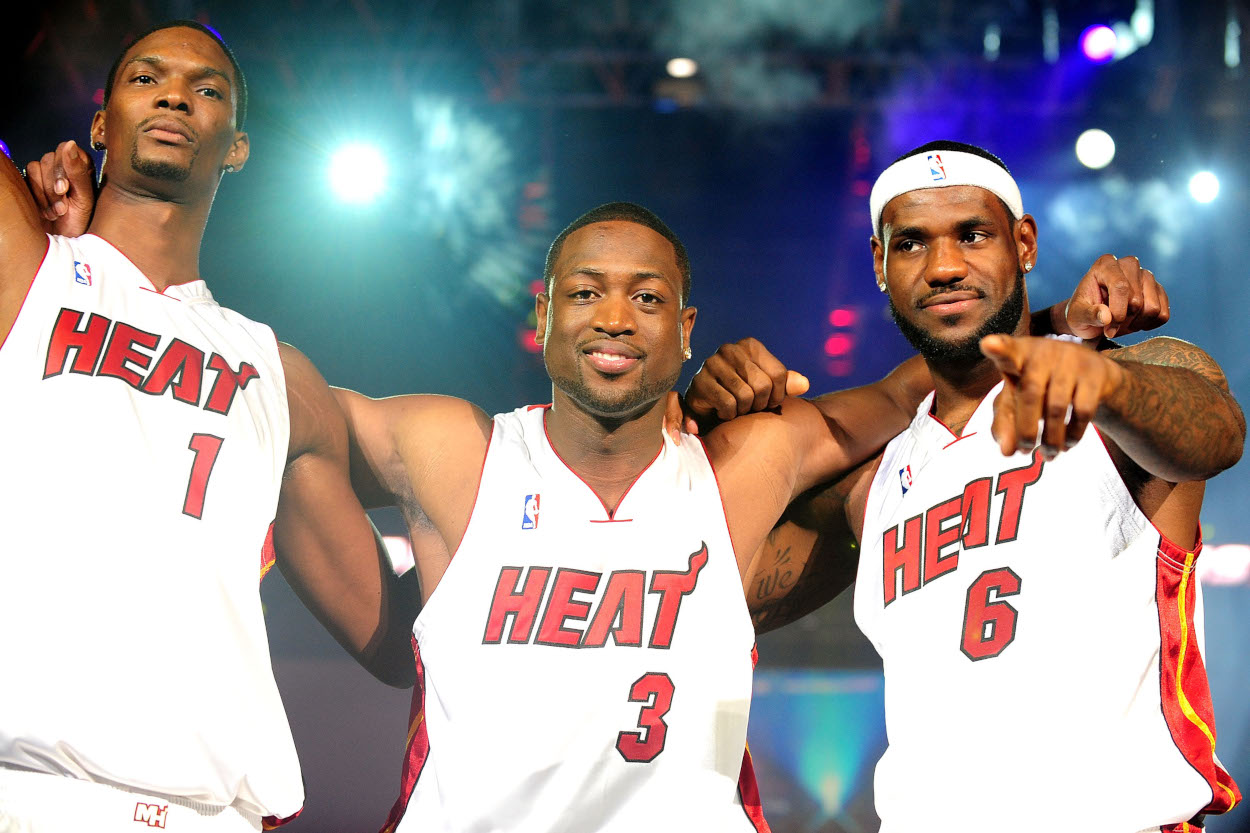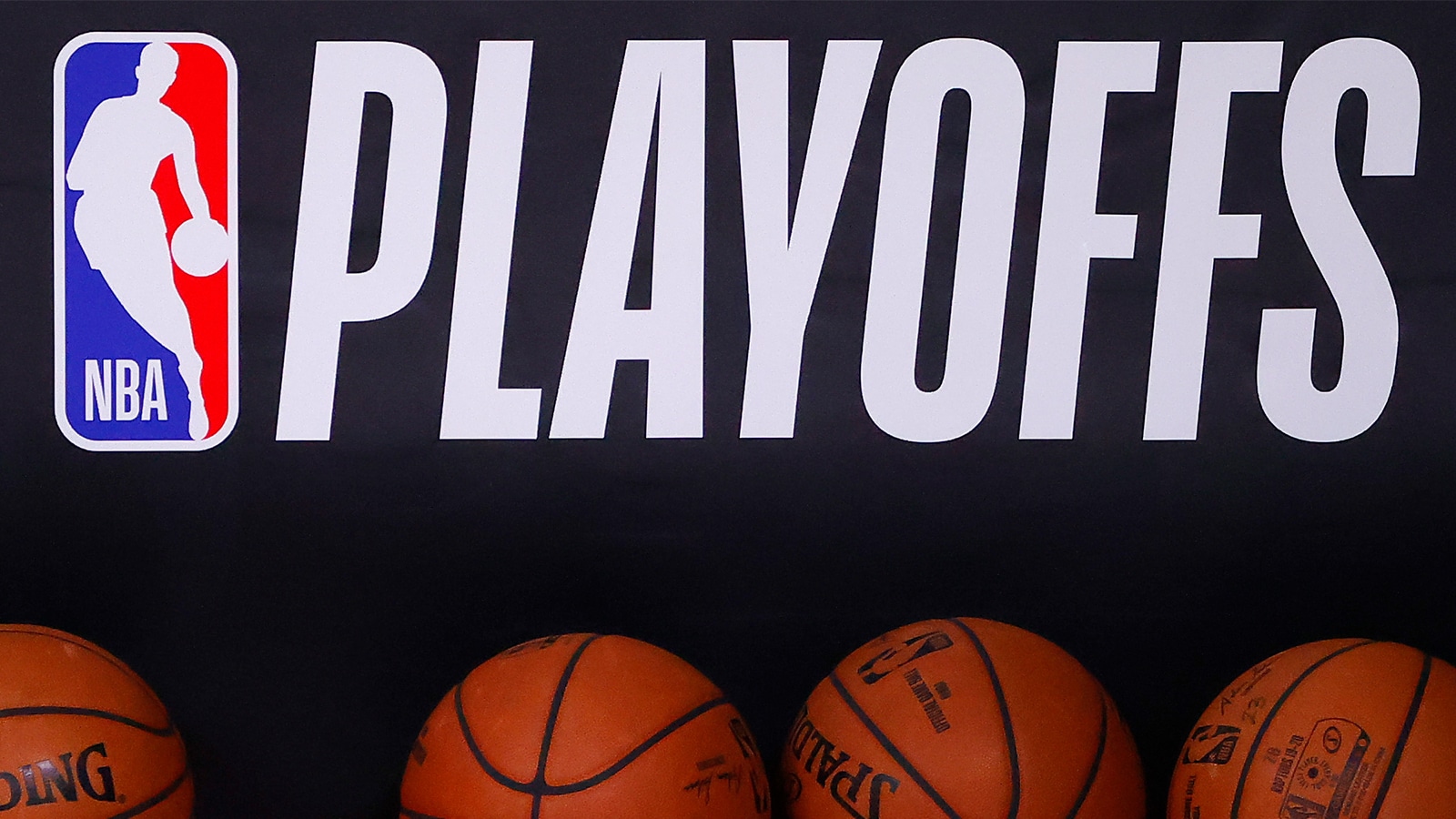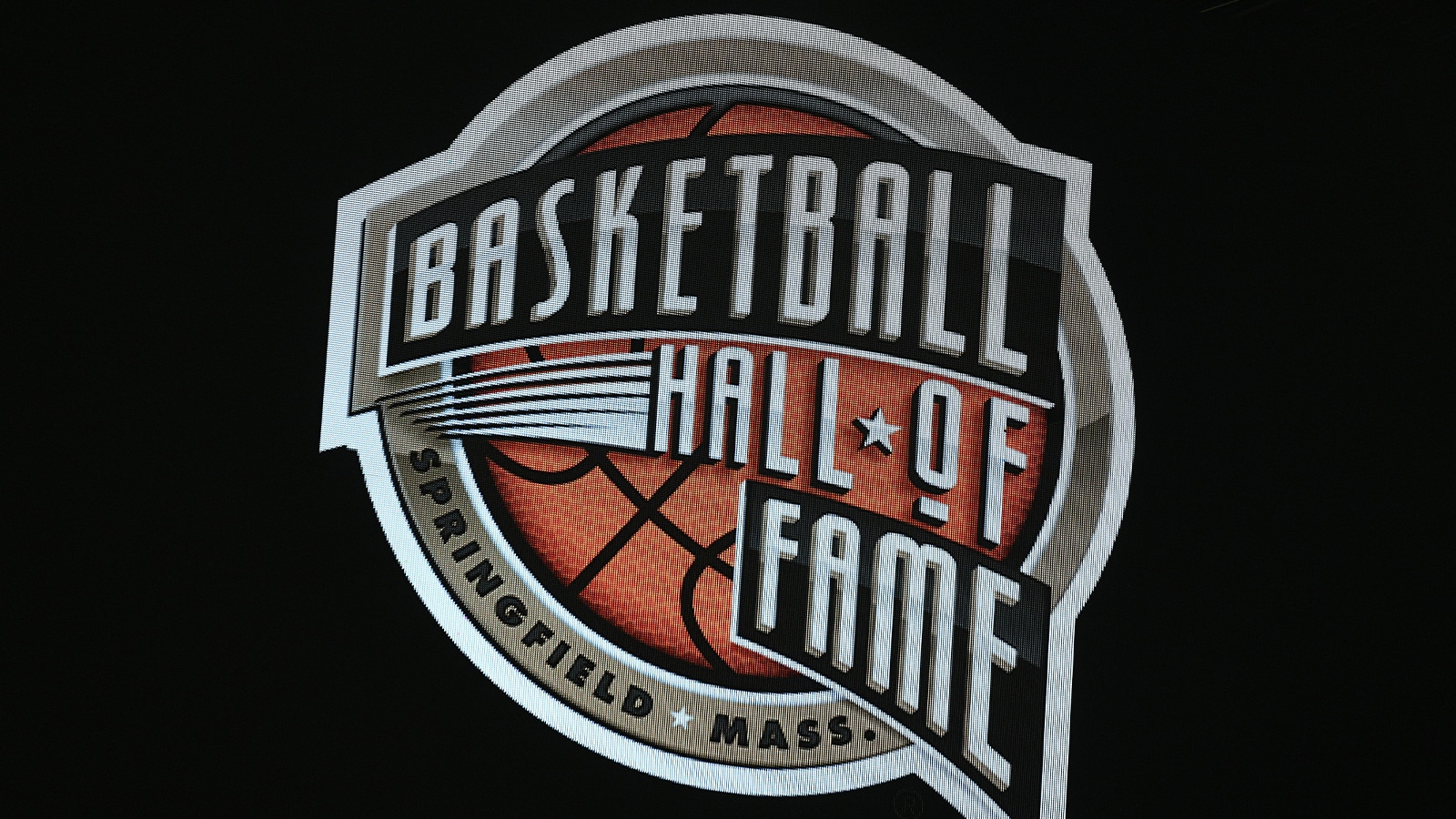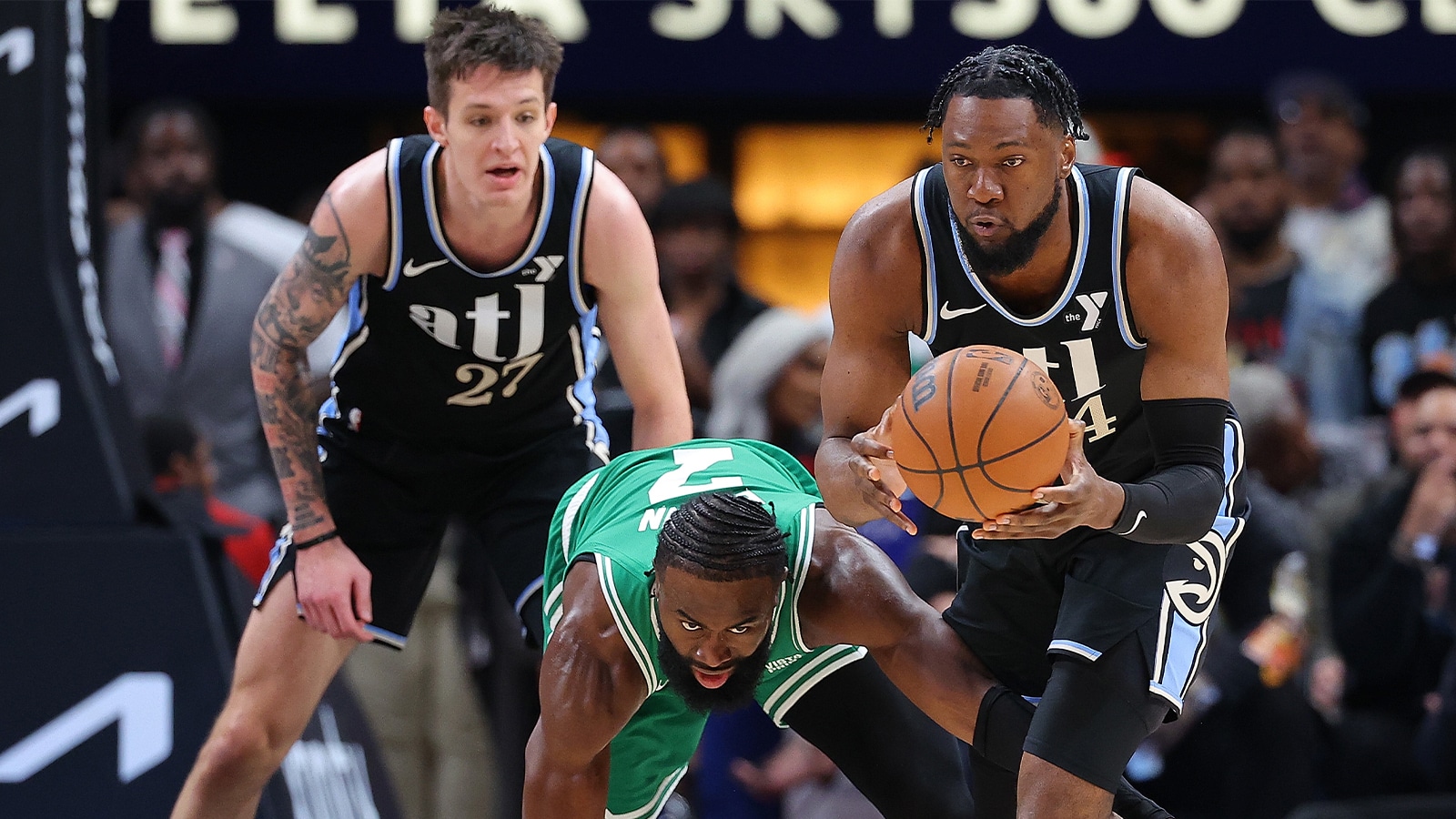
LeBron James Gets Blamed for NBA’s Superteam Trend, but It’s Not New
LeBron James is a polarizing figure in sports. Many fans love him, just as many loathe him. He gets blamed for a lot of things the talking heads believe are wrong with modern sports. Sometimes, it feels like he gets blamed for everything up to, including not keeping one’s lawn green. But there is one particular topic for which the sporting public has convicted James for more than a decade.
In the summer of 2010, James made his infamous “decision” to leave the Cleveland Cavaliers and join the Miami Heat along with former Toronto Raptors star Chris Bosh and Miami’s Finals MVP from its 2006 title run, Dwyane Wade. Superteams, so the thinking went, were going to tear the fabric of society apart. That was nearly 11 years ago, so one would assume the tear is more like mild fraying.
Is it fair to lay the blame on James for the trend of stars assembling to chase championships? That appears to be a matter of perspective.
LeBron James hadn’t been born at the time the first superteam came together
It may come as a surprise, but the Miami Heat circa 2010–14 were not, in fact, the first superteam in the NBA. They weren’t even the second or third. However, they were the first of a particular type of superteam, and that is where the water gets muddy.
The Minneapolis Lakers team that won five BAA or NBA championships in six years from 1948–54 was the first superteam. Seriously, five Hall of Famers on one roster? That’s a team that might have a decent chance of winning a game or two. But there were no free agents to be found because players had the right in the 1950s to sign for pretty much whatever management offered and be quiet.
Can anyone realistically argue the Boston Celtics dynasty of the late 1950s and 1960s wasn’t a superteam? The one edition of the Celtics that failed to win the NBA title between 1957–66 had eight Hall of Famers instead of only seven on the 1957 and 1959–64 clubs. The Boston group that won in 1968 and 1969 were practically talentless, what with having only four players that would eventually go to Springfield.
Are we supposed to believe player empowerment began with LeBron?
In 1968, Wilt Chamberlain decided that a year after winning the NBA title, he no longer wanted to play for the Philadelphia 76ers. So, he essentially forced Sixers GM Jack Ramsay to trade him to the Lakers. Robertson similarly pushed his way off the Cincinnati Royals to team up with Kareem in Milwaukee.
It doesn’t end there. Julius Erving backed the then-New York Nets into a financial corner to get off Long Island. Moses Malone’s not-so-free free agency ended up going more smoothly because the Houston Rockets worked out one of the early sign-and-trade deals with the Sixers instead of forcing a compensation battle. (Yes, Virginia, free agency signings once required compensation because there was no Santa Claus.)
The arrival of the NBA’s version of the salary cap ended the compensation days. As a result, players could have a bit more of a say over where their next job was going to be after their current contract expired.
The only real difference today for LeBron James and other stars

In a New Yorker piece about LeBron James’ agent, Rich Paul, one anonymous NBA general manager (if it’s not Danny Ainge, it’s a major upset) said player empowerment is an existential threat to the league.
“Player empowerment is a catchall for the fact that the league has done a terrible job of empowering teams. The players have all of the leverage in every situation. I think it’s the worst thing that ever happened to professional sports on all levels.”
Anonymous NBA general manager
The nerve of those players to think they should have some choice in where they live and work. In a league where no-trade clauses are rare, management can swap players like Pokemon cards (and often do). But let a player or two (or three) decide they want to go to a team and try to win something together, hold tight. The Earth itself will spin right off its axis.
Never mind that if this same GM drafted one of the three and traded for the other two, the result would be the same. The difference is, as always, in who has the power.
And for some reason, particularly when it comes to LeBron James, fans seem more inclined to side with a billionaire owner or a giant corporation than a player who is essentially a contracted worker. Does that even make sense?


